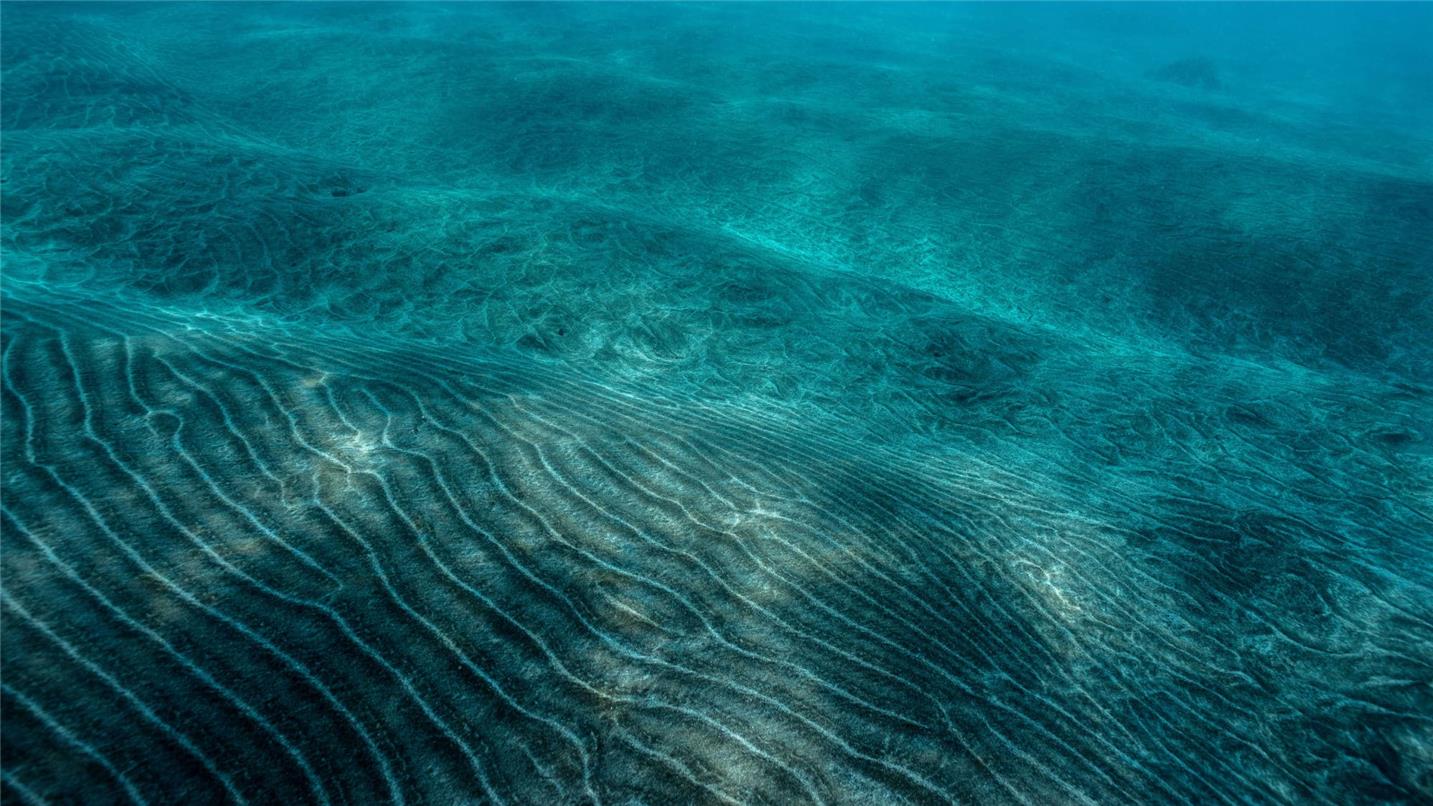Desalination of seawater
Desalination by reverse osmosis
To address this pressing issue, innovative solutions and technologies are needed to secure the long-term supply of clean water. One of them is desalination through reverse osmosis.
Reverse osmosis
This method combines with economic efficiency and environmental performance making it ideal solution for meeting the growing demand of clean water.
The solution is based on the use of a membrane that is only permeable to water molecules while all larger molecules including salts (ions) are retained by the membrane.The clean water (permeate) passing through the membrane can be used for drinking water while the retained concentrated fraction (brine) has to be safely disposed into a suitable recipient.
Perfectly designed desalination facilities
- Desalination facilities – producing drinking water, irrigation water, process water from sea water or brackish water
- Standardized small or large facilities (group website has standardized)
- Containerized modules – aggregate capacity adapted to the required production volumes
Packaged equipment and technologies
- To boost the performance of the reverse osmosis and the pretreatment, according to the degree of salinity and the concentration of organic matter.
- To design modular, compact facilities that can come onstream quickly and are easy to operate.
Adapted operation and service solution
- Day-to-day supervision,
- Optimization of all the facilities in the desalination plant: pretreatment, energy consumption, membrane washing, etc.
- Personalized services: supply of spares, refurbishment, staff training, etc.
Desalination facilities are designed to be environmentally friendly and energy-efficient, using high-technology processes. They use energy-friendly equipment and recovery systems to lower consumption as well as renewable energy sources such as wind and solar power.
Brine treatment is handled innovatively to protect the environment. The original solution is employed to protect land, flora and fauna, especially regarding water catchment and brine dispersion.
Contact Us

